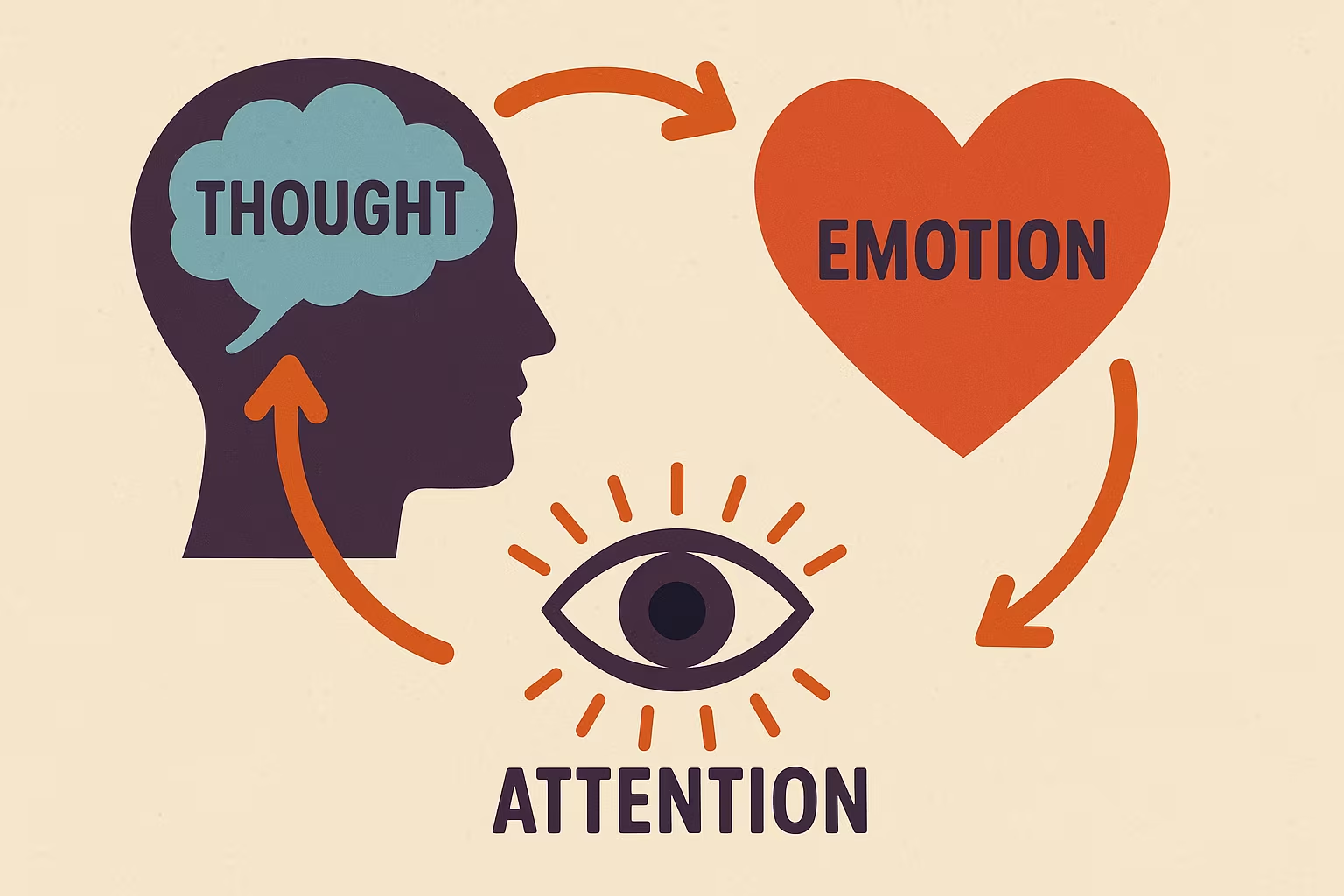What are the Three Principles?
Almost everything in life that can be understood has a correlation where the more someone understands it, the better they can explain it.
The principles have a funny way of opposing that trend.
Whenever you explain anything with language, you are stepping down. You are condensing something into a packet that can be transferred in some way through this medium called language. I think because language was made to deal with things in the world, like explaining the best way to smash a coconut, communicating spiritual concepts is more difficult.
The Three Principles is kind of like the pinnacle of something you can’t really put into words. But! The Principles can be understood. It just takes a bit more patience and a kind of mental flexibility.
 Salt Spring Island - many people had their insights here.
Salt Spring Island - many people had their insights here.
Usually understanding something takes the form of getting the “right” concept. When it comes to the Principles, that’s not really how it works. Actually the Principles are understood through insight. Insight is like a lightbulb moment. Imagine for example you forgot that you had control over your hands. One day someone is taking about how you can control your hands, and suddenly it dawns on you that you can do that. What kind of realisation is that? It’s not a conceptual one, it’s an actual one.
The Principles might be seen as a mental equivalent of such a thing. The Principles basically states that you have something called freedom of thought. Whether you agree or disagree to this statement isn’t the point. The point is whether you see it. That’s insight. You can be the most well-studied psychologist, with great intentions and a curious mind, but without having had this insight. Actually, many well-studied psychologists like George Pransky had this experience.
The Principles together make up a description of the fundamental underpinnings of all experience. It comes from this foundational idea that all experience is fundamentally spiritual. In other words, you a spiritual being, primarily a mind, and you have this amazing gift - the freedom to think.
You, as a spiritual being, have thought your way into this experience, not unlike a dream. In fact, when people have insights into the Three Principles, they often feel like they’ve woken up out of a dream of thought that they had been dreaming since as long as they could remember.
Three Principles
Mind
The Principle of Mind can be equated to God, Universal Life, Intelligence, Love, or whatever label you want to call it. It is the intelligence behind all of life. It’s what breathes all of life into creation.
Thought
The Principle of Thought is the ability and freedom you have to mold a formless spiritual energy known as thought, and then experience that energy as if it were really big. It is your cosmic playdough.
Consciousness
The Principle of Consciousness is the fact that you can be aware of the fact that you think. Consciousness can actually be seen as the feedback mechanism that allows you to feel how you think.
Bringing it together
When you bring these Three Principles together, you get experience. Sometimes people put it in a nice little equation:
Mind + Consciousness + Thought = Experience
This is not limited just to human experience, but all experience. Any experience that you, as a conscious entity, can ever have, will always be fundamentally made from Mind, Consciousness, and Thought.
All experience is generated by mind, moulded via thought (you), and you experience it as if it were real via consciousness.
Imagine you got to go to the theatre, with the full nine yards. 3D glasses, front row seat, and all the bells and whistles. But the movie that’s playing is a movie of whatever you choose to think about. That’s the Principle of Thought. The cool thing about the Principle of Thought is it can be changed so easily. You can feel something deeply true on one extreme of the emotional scale, and in instant, think something different, and in a sense enter into a completely different reality. This is easy to do because you’re not really changing anything. This is the same way there’s nothing on a projector screen at a movie theatre.
You are only experiencing what you’re thinking, brought to life and made to look really convincing - and feel convincing too. When you see this, you begin to see that every feeling you’ve ever felt was caused by yourself via your own freedom of thought in the moment.
Implications
So what does this mean practically? It’s difficult to say.
For one, coming into an insight into these principles has a way of freeing people from insecurity, fear, and bringing them into a state of wellbeing that’s difficult to put into words. Many people describe the experience that follows as ‘coming home’. This was my experience. I felt like my head exploded, and I had trouble sleeping for three days because I had to process that the entire universe had flipped inside-out. It was incredibly liberating. I could not have conceived that life could be experienced with such happiness and ease prior.
There’s so much more to talk about with the Principles. Way too much than can fit in one article like this. It’s not that the Principles get more “advanced”. The Principles are simple. But when you have an insight into the Principles, everything looks different. Emotions take on a whole other dimension, because they have a different role. For example, stress and fear are no longer biological signals for preservation. Rather, they are indicators of thought deviating from your underlying peace of mind. And so, following fearful thoughts seem altogether valueless. This frees up space to be well, and be happy. In that wellness, there is a wellspring of beauty and creativity from which life unfolds with a sense of ease and grace.
Moving forward
There’s plenty of Three Principles content online if you search for it. I integrate the Principles into my coaching but if you want specific mentorship with the Principles, I also offer a Three Principles mentorship program.





